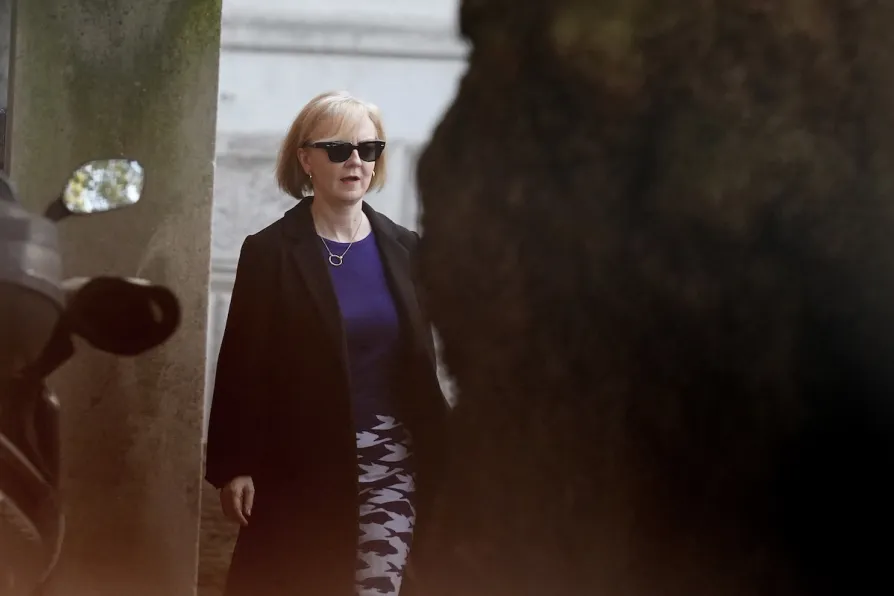The Mandelson scandal reveals a political settlement in which democratic choice is curtailed and the power of markets eclipses the will of voters – only the left can challenge this, writes JON TRICKETT MP

 Prime Minister Liz Truss leaves Downing Street, London following her resignation. Picture date: Friday October 21, 2022.
Prime Minister Liz Truss leaves Downing Street, London following her resignation. Picture date: Friday October 21, 2022.
OVER five decades of political activity in Britain, I have seen plenty of governments that I didn’t think much of. But while there have been many unpopular administrations, it’s hard to remember any quite as shambolic and widely discredited as this one.
With a prime minister (and two of her most senior appointments) lasting less than two months and the spectacle of Tory MPs openly laying into the government in interviews, this is a Conservative Party that is not only unpopular but not taken seriously.
As it turned out, Liz Truss wasn’t even in the post long enough for the biography detailing her rise to power (designed as a cash-in for Christmas) to be published, let alone for the next general election.

Your Party can become an antidote to Reform UK – but only by rooting itself in communities up and down the country, says CLAUDIA WEBBE

The New York mayoral candidate has electrified the US public with policies of social justice and his refusal to be cowed. We can follow his example here, writes CLAUDIA WEBBE

With Reform UK surging and Labour determined not to offer anything different from the status quo, a clear opportunity opens for the left, argues CLAUDIA WEBBE











